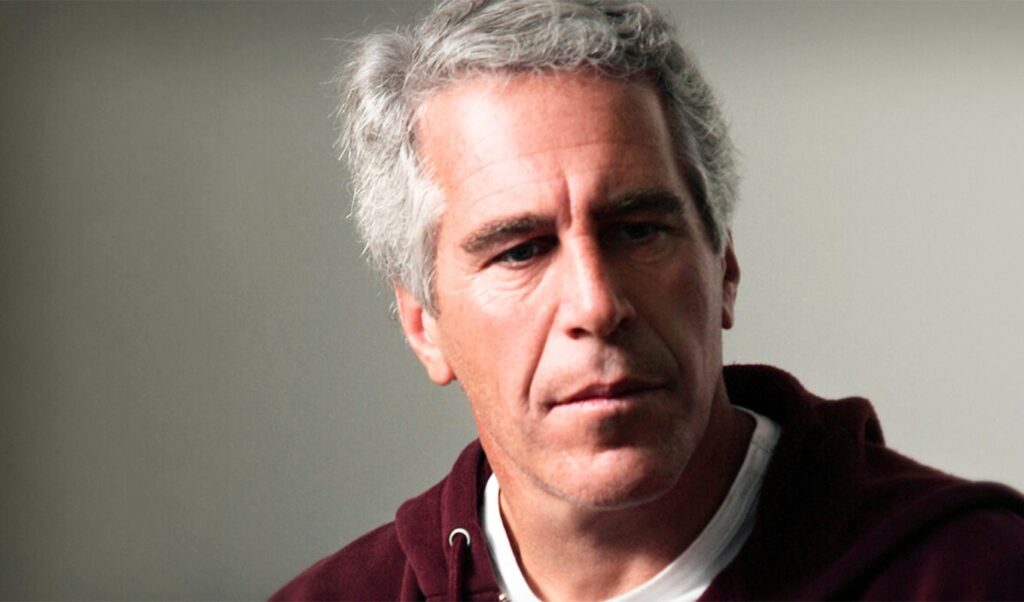The relationships that Jeffrey Epstein had developed with Russian officials and his attempts to establish a direct line to the Kremlin are revealed in new material from the financier’s emails, which were released to the House Oversight Committee of the United States.
Read: Trump on Epstein emails: “Democratic hoax, only stupid Republicans would believe it”
According to a Politico report, one of the most notable emails was sent on June 24, 2018, from Epstein to former Council of Europe Secretary General Thorbjørn Jagland. Epstein requested that a possible connection be arranged with Vladimir Putin and Sergei Lavrov, even suggesting that Jagland inform the Russian president that Lavrov “would benefit from talking to him.”
Jagland replied that he would meet the next day with an aide to the Russian Foreign Minister and would suggest contact with Epstein. In his message, filled with spelling errors, he added: “Thank you for the lovely evening. I will come to the UN High-Level Week.” There is no indication that any meeting or further discussion took place. However, it’s worth noting that on July 16, Trump met with Putin in Helsinki.
In the same email exchange, the financier referred to previous discussions with former Russian permanent representative to the UN Vitaly Churkin, who died in 2017. “Churkin was excellent,” he noted. “He understood Trump after our conversations. It’s not complicated. He needs to appear to get something; it’s that simple.”
“Part of diplomatic activity,” says former Council of Europe Secretary General
Following these revelations, in a message to Norwegian public broadcaster NRK, Jagland commented that “in my work I met many people and many brought me into contact with even more. This is part of normal diplomatic activity.” He also emphasized that “what was revealed about Jeffrey Epstein’s personal life, I completely condemn.” As he said, during that period he sought to explain “how serious” a potential exclusion of Russia from the Council of Europe would be, as it would deprive 144 million Russians of access to the European Court of Human Rights.
Epstein’s connections with Russians
Epstein’s emails, included in thousands of pages of documents released by the US House Oversight Committee, offer new insight into his extensive network of political and business contacts, as well as his attempts to influence or advise foreign governments during President Donald Trump’s first term. In some messages, Epstein claimed he provided advice to Russian officials aimed at helping them better understand Trump’s approach to diplomacy and negotiations.
The emails reinforce the picture of the financier’s efforts to maintain access to international political figures, even after his 2008 conviction and shortly before his 2019 arrest on human trafficking charges.
White House spokesperson Karoline Leavitt stated that the broader set of emails “proves nothing other than that President Trump has done absolutely nothing wrong,” while Trump himself accused Democrats of trying to “stir up the Epstein lie” to “distract attention from their poor handling of the Shutdown.”




